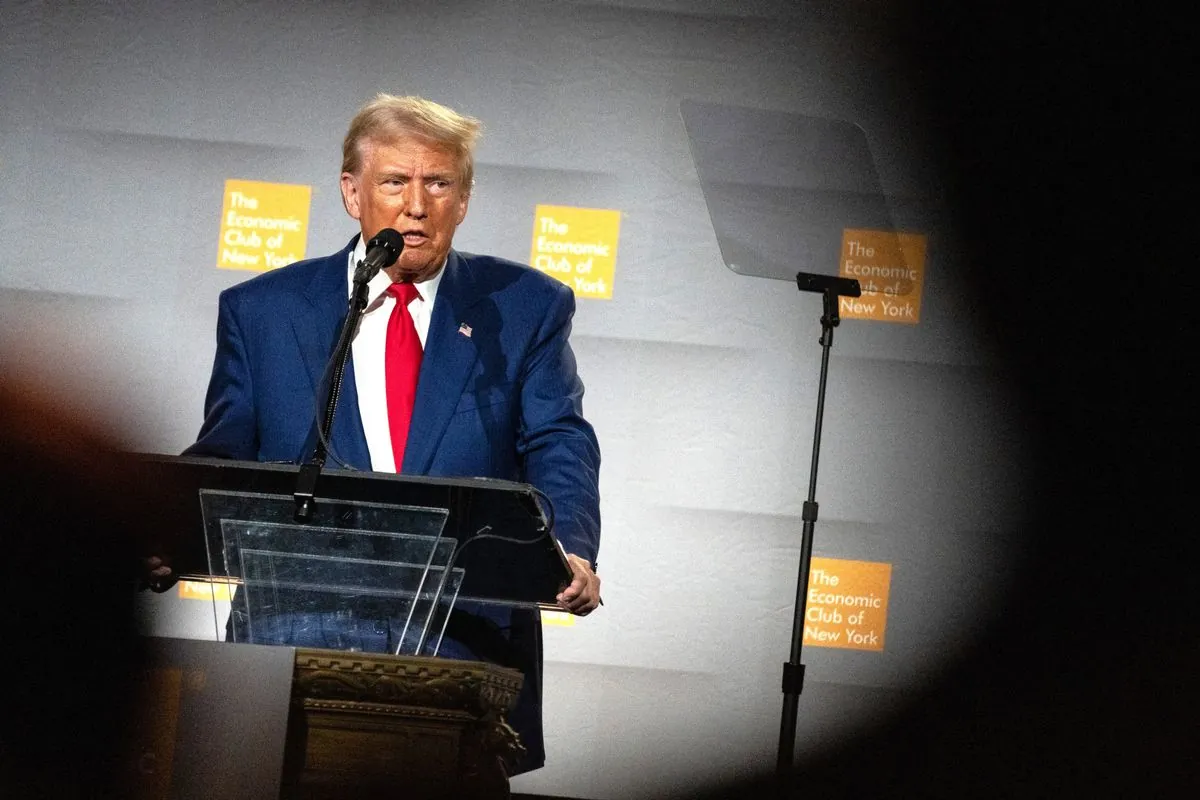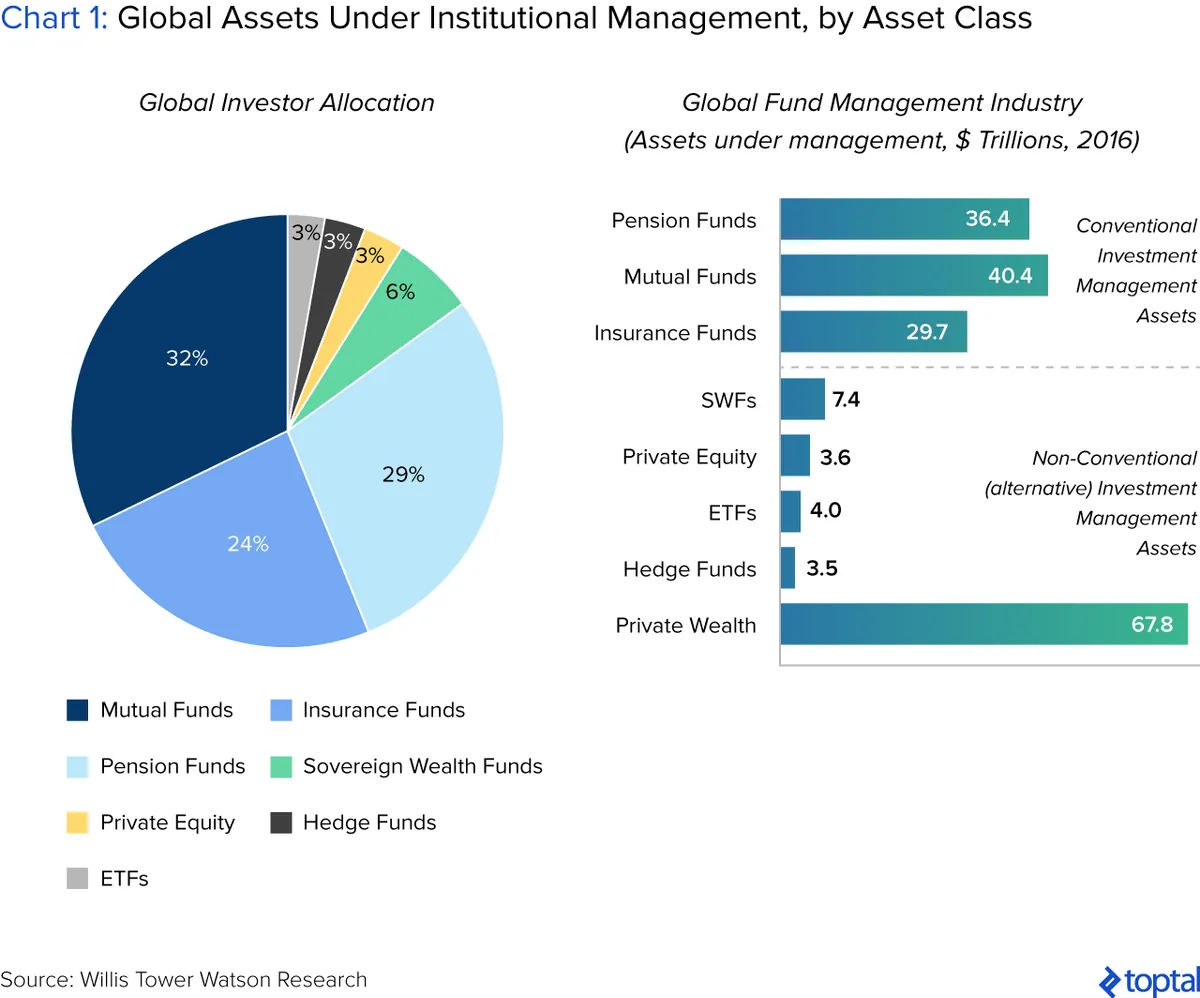Trump Unveils Bold Economic Vision: Tax Cuts, Wealth Fund, and Housing Reforms
Donald Trump presented his economic plan at the New York Economic Club, proposing a sovereign wealth fund, tax cuts for domestic producers, and housing reforms. The plan aims to boost U.S. manufacturing and address affordability issues.

In a recent address at the New York Economic Club, Donald Trump outlined his economic vision for the United States, presenting a series of proposals aimed at boosting domestic production, addressing housing affordability, and streamlining government operations.
Central to Trump's plan is the creation of a sovereign wealth fund, a financial instrument typically employed by commodity-exporting nations to invest surplus revenues. Trump suggested that this fund would be financed through "tariffs and other intelligent things," although specific details were not provided. The proposed fund would focus on investing in major infrastructure projects, including highways and airports.

Trump also pledged to reduce the corporate tax rate from 21% to 15% for companies manufacturing products within the U.S. This proposal builds upon his previous tax reform efforts during his 2017-2021 presidency, when the corporate tax rate was cut from 35% to 21%. The new plan aims to incentivize domestic production and potentially reverse the trend of offshoring.
In a move to appeal to service industry workers, Trump reiterated his June 2024 proposal to eliminate taxes on income from tips. This policy change would affect millions of workers in the service sector, as current law requires employees to report their tips as taxable income.
One of the more unconventional proposals involved appointing Elon Musk, the CEO of Tesla and SpaceX, as the head of an independent government efficiency panel. This body would be tasked with identifying and eliminating waste in federal government operations within a six-month timeframe. While not a novel concept – similar initiatives have been attempted in the past, including President Reagan's Grace Commission in the 1980s – the involvement of a high-profile tech entrepreneur adds a unique twist to the proposal.
"We will issue a national emergency declaration to boost domestic energy supply and eliminate bureaucratic hurdles holding up new energy projects."
Trump's energy policy took center stage with his pledge to declare a national emergency to boost domestic energy production. This declaration would aim to streamline regulatory processes for new energy projects, although such a move could face legal challenges and congressional scrutiny.
Addressing housing affordability, Trump proposed opening portions of federal land for large-scale housing construction. These areas would be designated as "ultra low-tax and ultra low-regulation" zones to attract homebuilders. This approach marks a shift from previous Republican housing policies, which have typically focused on tax breaks and deregulation without specific land-use proposals.
In a controversial move, Trump suggested banning mortgages for undocumented migrants in California, claiming without evidence that they were driving up housing costs. This proposal lacks specifics on implementation and may face legal challenges if pursued.
As the 2024 presidential race heats up, Trump's economic vision presents a mix of familiar Republican themes and novel approaches to long-standing issues. While some proposals lack detailed implementation plans, they reflect an attempt to address key economic concerns such as domestic manufacturing, housing affordability, and government efficiency.


































